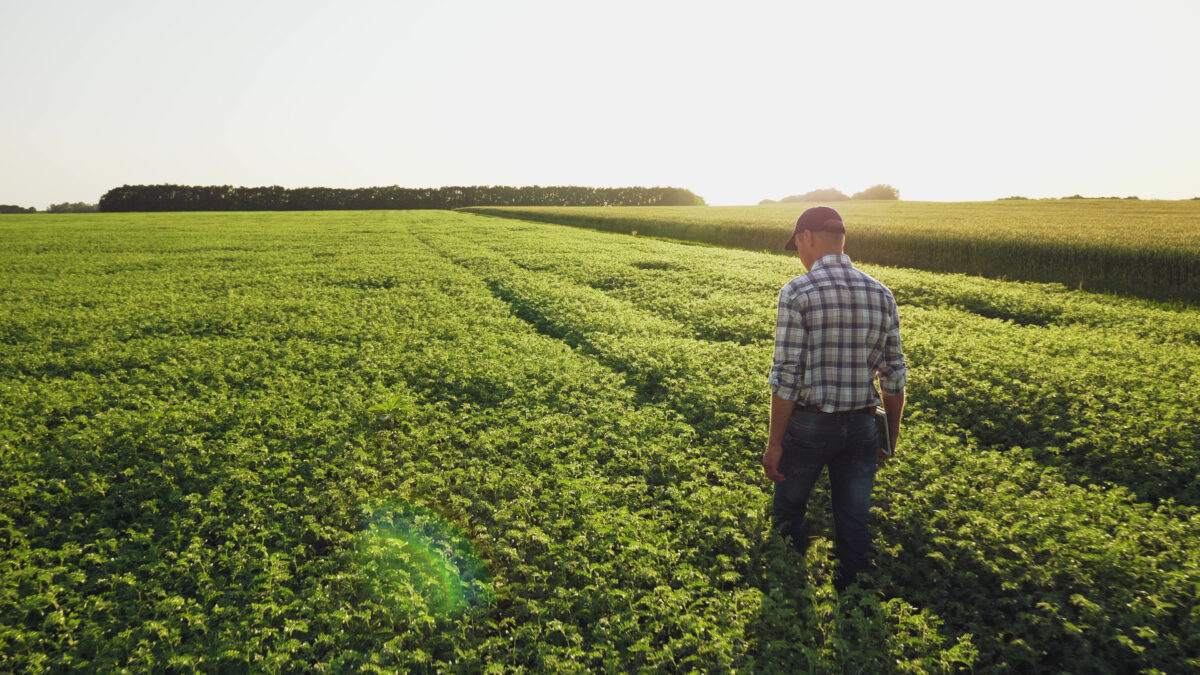A European project aims to provide advisory support to organic farmers through the collaboration of farmers, producer groups, agricultural advisers and scientists. As part of the project, a digital platform is being developed and will include a core module on the principles of organic farming, as well as information on the regulations for establishing an organic farming operation. It will also include information on innovative technologies and practices. In addition, it will have sub-sections on how to identify, prevent and address problems. In collecting the relevant data, the project team went beyond scholarly papers and approached organic farmers, interviewing them to record their experiences in their farming practices. These interviews contain a wealth of information that can be shared with other organic farmers. What is being incorporated into the platform by the project partners is the fact that successful organic farming requires integrated management, starting with the soil, pollinators, and natural enemies. Support for crops must come through natural processes, so that an agroecosystem is created that enables nature itself sustain the crops. The platform will also include information on key crops, such as olives and grapes.
The project’s researchers identified a lack of training and support for organic farmers, who did not have access to regular updates relevant to their sector, and their response was to gather all available scientific knowledge on a single platform. Their goal was to gather available scientific knowledge into one platform and make it accessible and understandable to every farmer.










